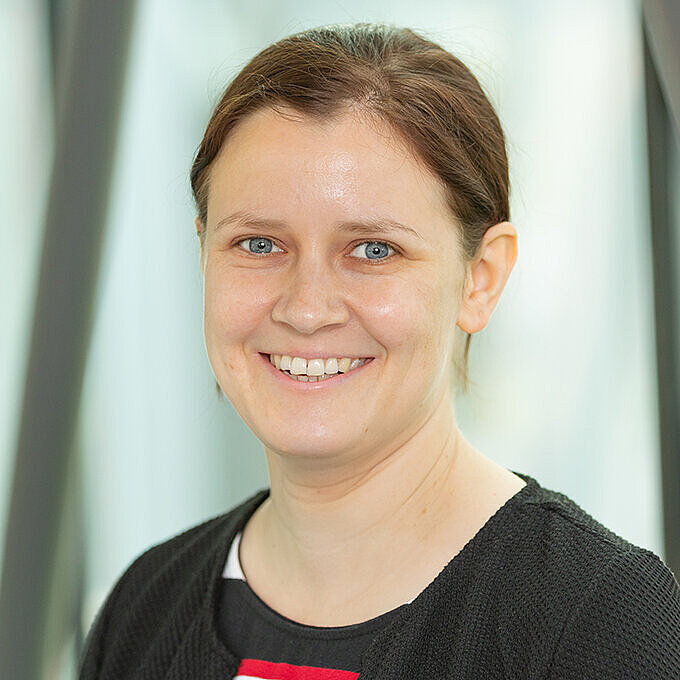On the way to clinical application, a potential drug must overcome high and cost-intensive hurdles. To enable individual innovative projects that address an important medical need to carry out the legally required clinical trials, the Else Kröner-Fresenius Foundation's ForTra gGmbH für Forschungstransfer (ForTra) supports the expensive and time-consuming production of the necessary study material under GMP conditions. Financial support is provided for the entire production process or individual parts thereof for various classes of active agents. Of the total of 34 applications submitted by researchers at scientific research institutions, five projects—including two from the DZIF—were successful.
Production of Corallopyronin A clinical trial samples
Corallopyronin A is an antibiotic derived from marine soil bacteria by biotechnological means. The spectrum of activity of the antibiotic, which was developed under the leadership of Prof Achim Hörauf at the University Hospital Bonn, Prof Karl Wagner at the University of Bonn and Prof Marc Stadler at the Helmholtz Centre for Infection Research, includes tropical worm diseases and multi-resistant bacteria. For corallopyronin A to be effective as a capsule, it needs to be embedded in edible polymers that improve solubility. Clinical trials require certified manufacturing, which is now made possible by the ForTra grant.
"For a project as large as the development of an antibiotic, there has to be collaboration between different funding agencies, as the financial volumes required are usually beyond the capacity of individual funders. We are very pleased that ForTra gGmbH, with its programmatic orientation, is filling a gap in this funding call and enabling us to proceed with the project," emphasises Prof Hörauf.
Nasal application of Staphylococcus lugdunensis for eradication of Staphylococcus aureus—first microbiome intervention study in humans
To prevent serious infections caused by methicillin-resistant Staphylococcus aureus (MRSA) pathogens, a research team at the University of Tübingen led by Prof Andreas Peschel developed a probiotic bacterial strain that displaces MRSA from the nose, the natural MRSA habitat. In collaboration with Dr Meral Esen's team, the Staphylococcus lugdunensis-named bacteria have been prepared for GMP-compliant production and, under her leadership, will be tested for their efficacy in a first clinical trial on volunteers to prevent dangerous infections in high-risk patients in the future.
"This is a new innovative approach with the hope of avoiding many MRSA infections in the future and reducing the use of antibiotics of last resort," explains Prof Peschel.
"In GMP-compliant production of live bacteria, many factors—including time and financial considerations—have to be taken into account," adds Dr Esen. "We are very happy about the support of the Else Kröner-Fresenius Foundation, which now enables us to reach our goal—the first clinical trial in humans—much faster."

![[Translate to English:] [Translate to English:]](/fileadmin/user_upload/HZI/Media_Center/Newsroom/2023/Fermentation20211122_150b__c_HZI_MarcStadler.jpg)



